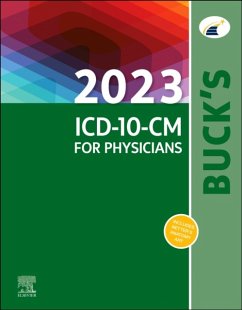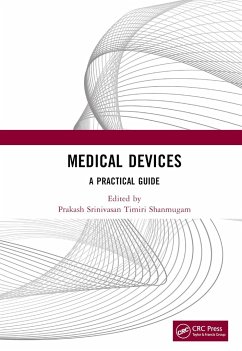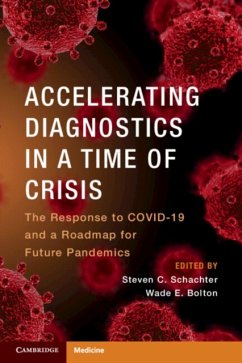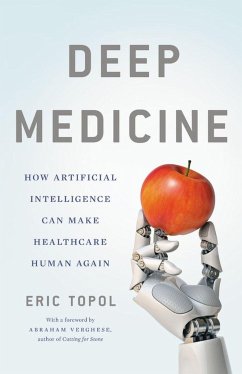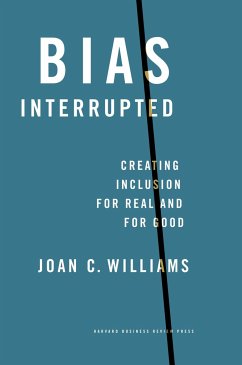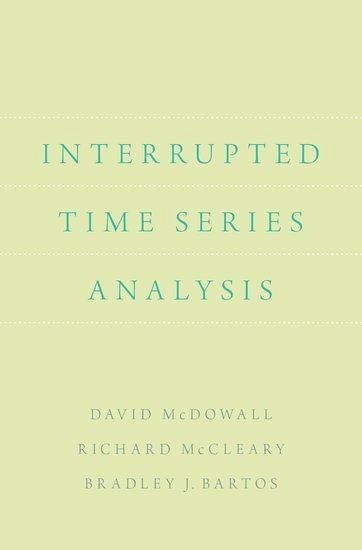
Interrupted Time Series Analysis
Versandkostenfrei!
Versandfertig in 1-2 Wochen
35,99 €
inkl. MwSt.
Weitere Ausgaben:

PAYBACK Punkte
18 °P sammeln!
Interrupted Time Series Analysis offers a focused treatment of analytic models and methods for drawing causal inferences from time series. It provides a toolbox for researchers in a number of social science disciplines, including sociology, criminology, political science, psychology, education, and public health where researcher needs to assess the impact of changes in law, policy, and major historical events on behavior, or test and measure the impact of treatments or interventions.




